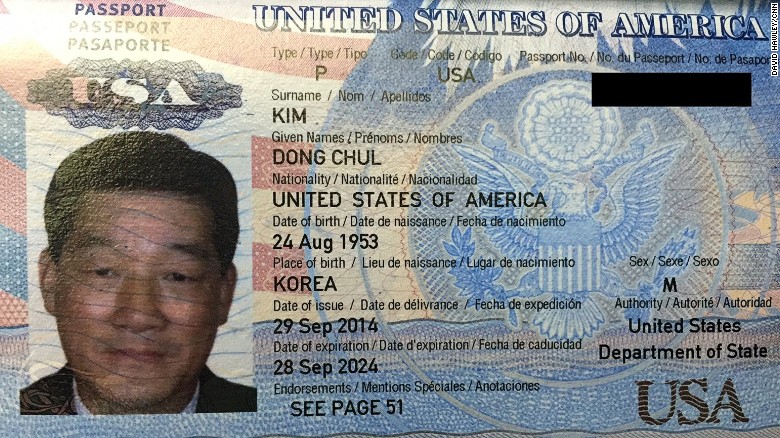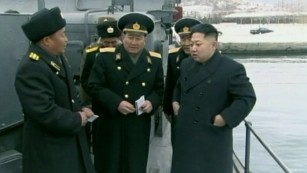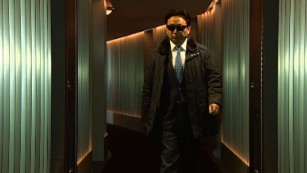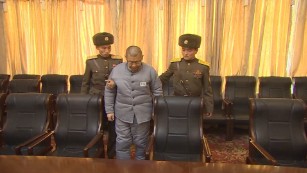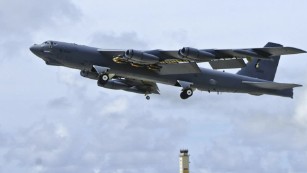A spokesman for Indonesia’s national police, Maj. Gen. Anton Charilyan, said the assailants have been identified and were “affiliated” with the Islamic State — possibly linked to an Indonesian faction that has sent volunteers to fight in Syria.
A message purportedly posted by the Islamic State claimed responsibility for the attacks, according to the SITE Intelligence Group, which monitors militant websites. Earlier, a group with ties to the Islamic State, the Aamaaq news agency, posted an Internet message claiming the attacks were carried out by “Islamic State fighters.” The claims could not immediately be confirmed.
[Islamic State finds resistance in militant haven Pakistan]
If verified, however, the Islamic State’s involvement would mark one of the group’s deepest reaches into Asia — and the capital of the world’s most populous Muslim nation — after spilling blood in North Africa, Europe and possibly Turkey with Tuesday’s suicide blast that killed 10 German tourists in the shadow of Istanbul’s famed Blue Mosque.
The Jakarta assailants appeared outfitted for a running siege: armed with handguns, grenades and homemade bombs, police said. They also followed tactics that have become a hallmark of recent urban terrorism — hitting targets with limited security.
[Jakarta attacks sign of Islamic State’s global strategy]
The mayhem began with a suicide blast at a Starbucks coffee shop while gunmen outside opened fire, killing a Canadian man, said Jakarta’s police chief, Maj. Gen. Tito Karnavian. Moments later, two suicide bombers struck a traffic police post, killing themselves and an Indonesian man.
As police swarmed the area, the remaining attackers opened fire, touching off a 15-minute gun battle that left two assailants dead, Karnavian said. At least 19 people were wounded in the chaos that unfolded amid luxury hotels, shops and office towers.
[Malaysia police on alert after Jakarta attack]
Security forces later put the streets on lockdown, including areas near the U.S. and French embassies and other diplomatic sites.
Authorities said they found a large, undetonated bomb and five smaller devices in a building near the Starbucks, the Associated Press reported.
“So we think … their plan was to attack people and follow it up with a larger explosion when more people gathered,” said the police spokesman Charilyan. “But thank God it didn’t happen.”
He said the range of weapons and targets suggested an attempt to copy the Nov. 13 terror attacks across Paris that left 130 people dead.
Karnavian, the police chief, identified the suspected lead plotter as Indonesian fugitive Bahrun Naim, who is believed to be in the Islamic State’s Syrian stronghold, Raqqa. Naim is described as the leader of Katibah Nusantara, a Southeast Asian-based armed faction with Islamic State connections.
The scene after suspected Islamic State affiliates stormed Indonesia’s capital


